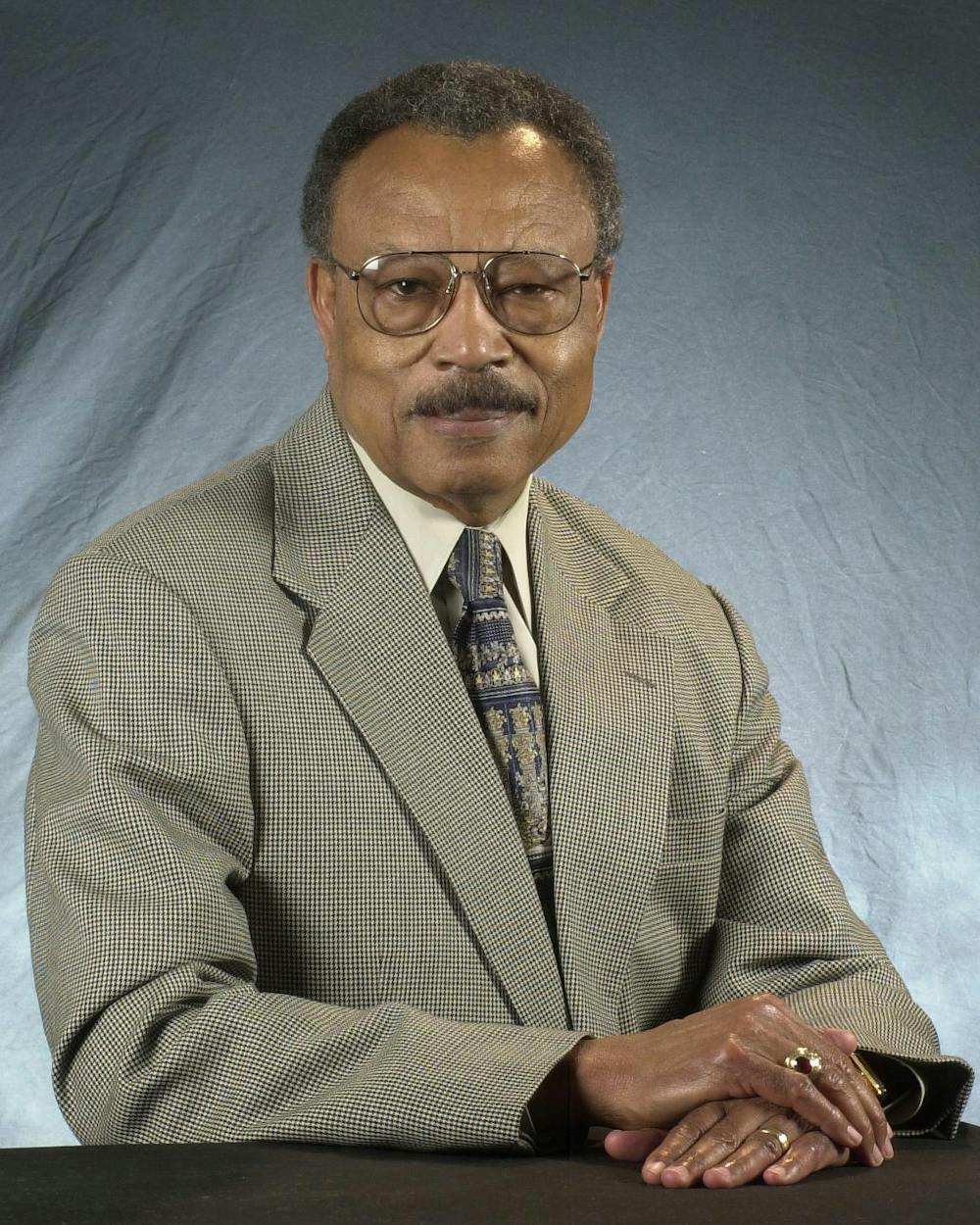Frank Brown, Ph.D., was the first Black full professor and dean in UNC’s School of Education. He died in March at the age of 89.
As a distinguished scholar, Brown authored more than 300 publications and held academic positions at several universities. He also helped obtain a grant to establish UNC’s first Black Cultural Center, was the first Black vice president in the American Educational Research Association and the first dean at a doctoral-granting professional school at UNC.
J. John Harris III, a professor and dean emeritus from the University of Kentucky, knew Brown for 52 years. As close friends and colleagues, Brown acted as an “academic father” to Harris, helping him with his own career.
“My friend Frank was so many things to so many people,” Harris said. “He was a renowned scholar, a supportive colleague, a mentor and a friend. I think that if you state it simply, he was in a class of his own with influence across multiple educational disciplines and sciences.”
Harris said Brown was not only an academic luminary, but a committed advocate for the advancement of Black scholars and professionals.
“His own career was a testament to, shall I say, the brilliance and perseverance that he showed,” Harris said. “He was driven by a deeper purpose basically, and that purpose was to create pathways for Black scholars who came after him, and other scholars from oppressed groups.”
Harris said that although Brown was admitted to medical school, he decided to work in public education because of the impact he could have on students. Beginning his career after the landmark Brown v. Board of Education U.S. Supreme court decision, much of Brown’s background work focused on the desegregation of public schools and higher education.
Linda Tillman, professor emerita at UNC’s School of Education, worked closely with Brown in educational leadership. He served as a mentor for Tillman when she first became a professor.
Tillman said that one of Brown’s greatest strengths was his dedication to help new professors and scholars.




